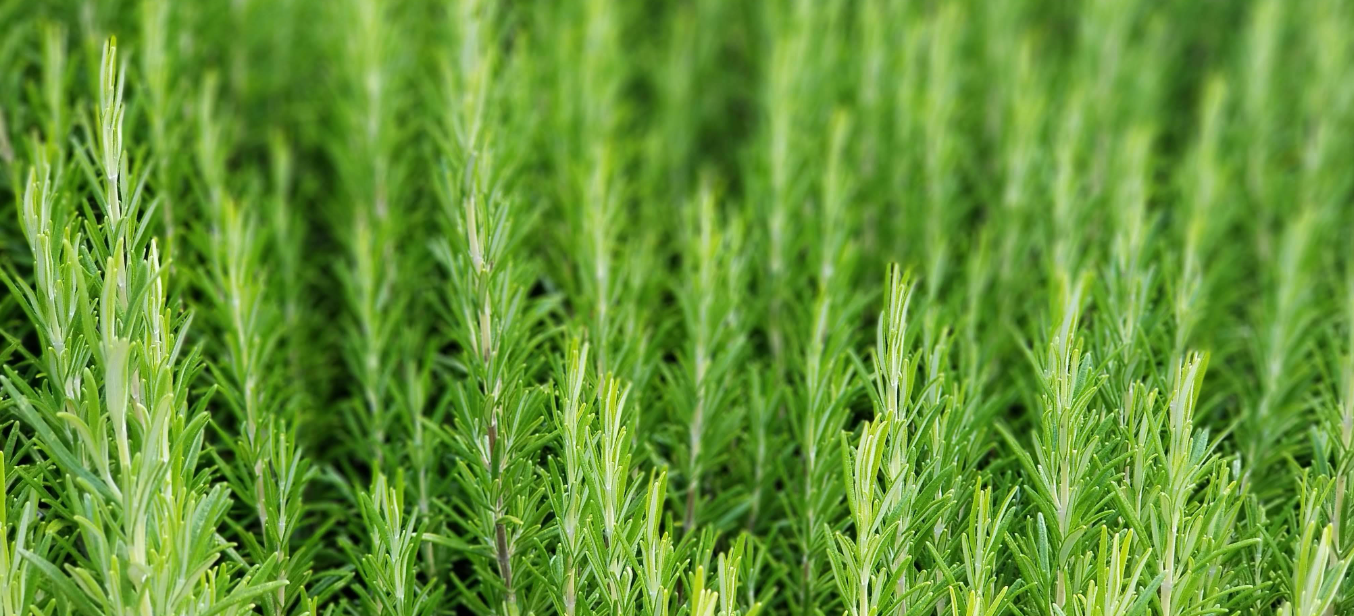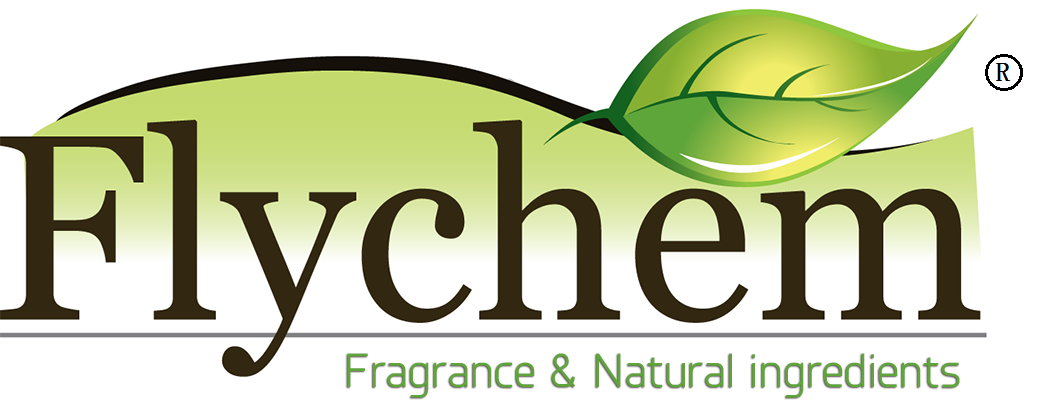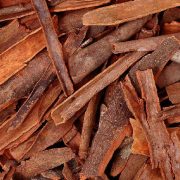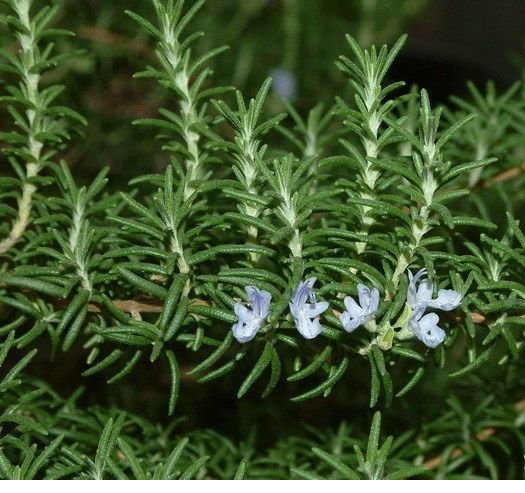迷迭香叶提取物
- 描述
- 好处
- 询价
迷迭香叶提取物
Rosemary extract
植物学名称 Rosemarinus officinalisActive
成分:Includes, carnosic acid, carnosol,rosmarinic acid and Ursolic acid etc.
提取方法: 通过超临界CO2萃取
Plant Part Used leaves of RosemarinusofficinalisFormPowder and Liquid
原产地 中国
储存情况 : 室温保存, 避光
Shelf Life12 month
Cultivated or Wildcrafted Cultivated
Packaging20kgs per drums, 双层 LDPE 内袋, Less than 20kgs, 包装在铝箔袋中
Specification Cas No Content Color and Appearance Solubility
Rosmarinic Acid 20283-92-5 20 % brown powder Water soluble
50 % brown powder Water soluble
95% white powder Water soluble
Carnosic acid 3650-09-7 5 % Light yellow to green Powder Oil soluble
60 % Light yellow to green Powder Oil soluble
70 % Light yellow to green Powder Oil soluble
5% ( Light color and low odor )yellow to green Liquid Oil soluble
10% ( Light color and low odor )yellow to green Liquid Oil soluble
Ursolic Acid 77-52-1 25% Light yellow to green Powder Oil soluble
Carnosol 5957-80-2 80% Light yellow Powder Oil soluble
98% Light yellow crystalline powder Oil soluble
Rosemary extract is a natural plant extract extracted from the rosemary plant (科学名称: Rosmarinus officinalis). Rosemary is a commonly used herb whose leaves contain many compounds with nutritional and medicinal value. Here are some characteristics and possible applications of rosemary extract:
Antioxidant: Rosemary extract is rich in antioxidants, such as rosmarinic acid and katrine, which help fight free radical damage, thereby helping to maintain cellular health.
Anti-inflammatory properties: Rosemary is considered to have anti-inflammatory properties, and its extract may help relieve inflammatory reactions, which may have a positive impact on some skin problems and painful conditions.
Skin care: Rosemary extract is added to some skin care products, such as facial creams, facial cleansers, and hair care products to provide moisturizing, calming, and refreshing effects.
Seasonings and Spices: Rosemary is an herbaceous plant widely used in cooking, and its extracts are also used as seasonings and spices. Rosemary extract can provide a unique aroma to foods and may have a positive impact on the freshness of foods due to its antioxidant properties.
Aromatherapy: The aroma of rosemary oil extract is considered to have uplifting, motivating and refreshing properties and is therefore also widely used in aromatherapy. It can be achieved through steam inhalation, aromatherapy lamps or massage.

Other questions :
How to extract rosemary oil ?
Basic steps in the distillation extraction process of rosemary essential oil:
Harvest the Plant: First, you need to select fresh rosemary plants. Typically, rosemary flowers, leaves, and top shoots are the main parts from which essential oils are extracted.
Use a professional still. The most common one is a two-part still, with a distillation grate on the top and a still kettle on the bottom. Add enough water to the still.
Loading plant material: Place harvested rosemary plants into a distillation grate. Typically, the plants are compacted lightly but not too tightly to ensure steam can pass through.
Begin distillation: Heat the still so that the water begins to boil, producing steam. The steam passes through the plant material and extracts the essential oil components in the plant.
Condensing essential oils: After the steam passes through the plant, it enters the pipes of the still and is condensed into a liquid. In the condenser, the vapor is cooled and turned into a liquid, which contains rosemary essential oil.
Collect essential oil: Place the collection container at the outlet of the condenser to collect the condensed liquid, which is the extracted rosemary essential oil.
Separating water and essential oils: Because water and essential oils have different densities, they can separate into separate layers. Essential oils can be separated from water using a separation funnel or other separation method.
2. is rosemary extract safe for dogs
Using rosemary extract in pet products requires careful consideration of pet safety. Here are some suggestions:
Dilution: When using rosemary extract, be sure to dilute it thoroughly. It is strongly recommended not to apply concentrated rosemary essential oil directly to your pet's skin. It can be mixed into a carrier oil, such as coconut oil or olive oil, for safe use.
Make pet bath products: If you want to provide your pet with the fragrance of rosemary, you can add diluted rosemary extract to pet bath products such as shampoo, conditioner, or body wash. Make sure the concentrations in bath products are safe.
Mosquito repellent: Rosemary has a certain repellent effect, so consider adding it to a mosquito repellent for pets to help protect your pet from mosquitoes. However, check with your veterinarian before adding and make sure the ingredients are safe for pets.
Room Fresheners: Rosemary extract can be added to room fresheners for pets to provide a fresh scent to your home. Make sure the freshener you use does not contain chemicals that are harmful to pets.
Aromatherapy: Using rosemary extract in aromatherapy can help pets relax and improve their mood. Use specially designed aroma lamps or other safe devices for pets



